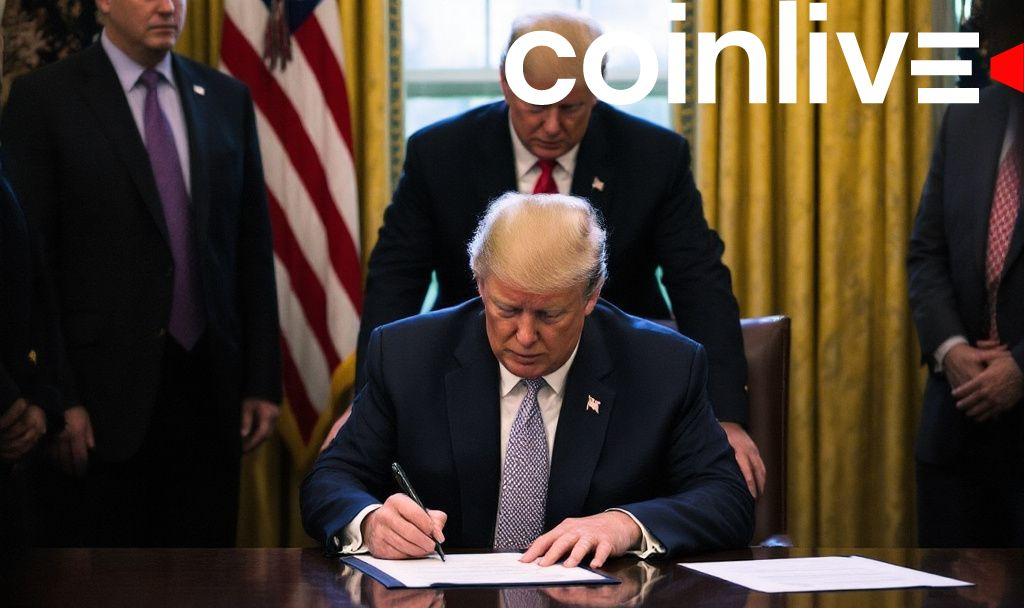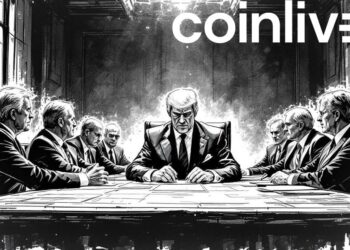- Trump’s tariffs spearhead significant policy shifts in US-China trade.
- Economic impacts projected to be substantial, as per experts.
- China retaliates, creating further global market uncertainty.

This tariff escalation signifies a crucial shift in trade policies, potentially affecting global markets and economic relations.
U.S.-China trade conflict
The U.S.-China trade conflict intensified when President Trump signed an executive order to escalate tariff policies on April 9, 2025. This move followed China’s 34% tariff increase in retaliation. The President emphasized reciprocal trade practices, stating:
“No one is getting off the hook for the unfair trade practices and tariffs, especially China.”
The key figures involved include President Trump, aiming to address trade imbalances, and China’s Tariff Commission, which imposed retaliatory measures. Trump declared no leeway for unfair practices, particularly targeting China.
These actions are expected to significantly affect federal revenue, with projections of $3.8 trillion over the decade. Market reactions could include increased volatility, impacting assets like Bitcoin (BTC).
Economic impact and market reactions
Jerome Powell, Federal Reserve Chairman, assessed the tariffs as having larger-than-expected impacts. The financial implications include heightened duties on Chinese imports, which could alter market dynamics and affect global trade.
Cryptocurrency markets previously reacted positively during similar conflicts by experiencing price surges. As a response to anticipated volatility, Bitcoin might again serve as “digital gold.” Past trends saw BTC prices rise by 10-15% during former trade disputes.








